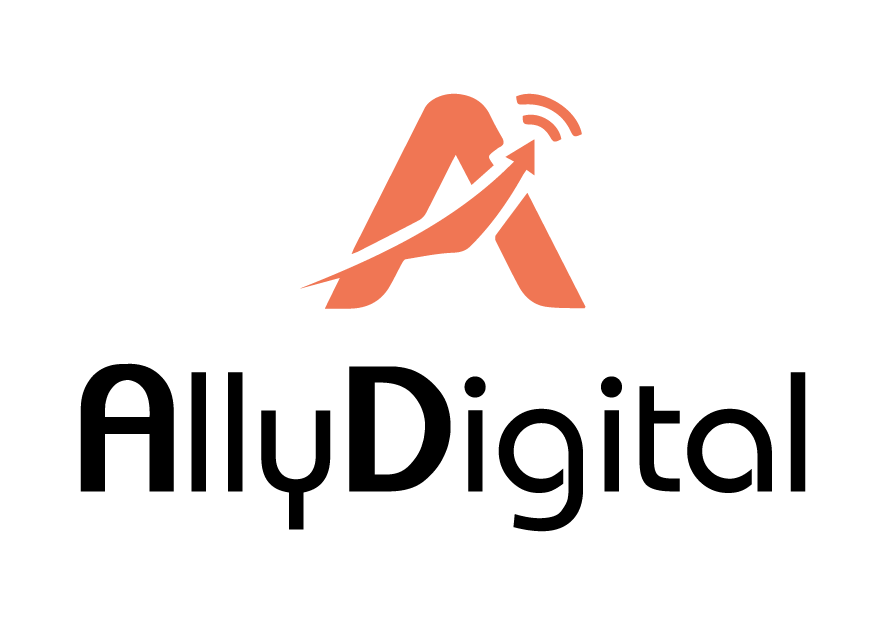Ignite Growth with Social Media Ecommerce Marketing: 8 Key Tactics
Social media ecommerce marketing has revolutionized how brands connect with billions of users, turning platforms into powerful sales engines. By crafting engaging content, leveraging influencers, and running targeted ads, eCommerce businesses can foster community, drive traffic, and achieve remarkable growth in a digital-first world.
In eCommerce, the Role of Social Media
Instead of being a medium of communication, social media platforms are also effective marketing tools capable of achieving brand awareness, customer and sales conversions. Through the establishment of the community around your brand, you will be able to build a strong bond with the customers, obtain useful feedback, and even promote the traffic to your online shop.
Building Brand Awareness
Among the main advantages of social media is the possibility to raise brand awareness. You can build your brand name and build a following by posting useful information and interacting with your followers. This consciousness will result in more people visiting your eCommerce and, eventually, more sales.
Engaging with Your Audience
Social media enables real-time communication with the customers, and this gives one a chance to interact with them. The practice of replying to the reviews, messages, and commenting provides confidence and creates the feeling of community. This interaction can be very effective in customer satisfaction persuading them to make repeat purchases and refer.
The main Ideas to capitalize on Social Media
1. Choose the Right Platforms
Social media are not equal and you should select a social media platform based on the location of your target audience. To illustrate, Instagram and Pinterest should be used with products that are appealing to the eyes, whereas LinkedIn is more appropriate when it comes to B2B eCommerce. Put more emphasis on the platforms that are aligned with the preferences of your audience to get the best effect.
2. Create Engaging Content
A successful social media strategy has content as its core. In order to optimize social media you are required to develop different kinds of content that appeal to your followers. Here are a few ideas:
Professional Pictures and Videos: Demonstrate professional pictures and interesting videos of your products. Instagram and Tik Tok are platforms based on visual availability, which implies its necessity in acquiring attention.
User-Generated Content (UGC): Customers should be invited to write about their experience with their products. In addition to creating community, UGC also can be used as a legitimate marketing content that may persuade prospective consumers.
Educational Material: Post tips, how-to, and tutorials about your products. This makes your brand an authority in your niche and gives value to your audience.
3. Use Influencer Marketing
The issue of influencer marketing has emerged as an important trend in eCommerce. With such partners, you can access a new group of people as well as gain credibility when you collaborate with influencers who identify with your brand values and have a large audience. Influencers will be able to produce genuine content with your products, which will result in traffic and sales, brand awareness.
4. Leverage Paid Advertising
Changes in the algorithm can be limiting to organic reach within social media. In order to increase your visibility, you might need to invest in paid advertising. Social media networks provide effective advertising platforms, which enable one to target certain demographics, interests, and behaviors. The following are some advertising plans to be considered:
Carousel Ads: You can use them to display several products in one advertisement and users can easily swipe through the ad to find out what you offer.
Retargeting Ads: With retargeting, you can target users of your previous interaction with your site or social media. This would assist in reminding them about their interest and prompting them to make a purchase.
5. Host Contests and Giveaways
Competitions and freebies can be used to create an interest and activity on social media. Make users share your posts, tag their friends or follow your account. This will not only expand your coverage but will also create a feeling of belongingness to your brand.
6. Analyze and Oversee Performance
In order to make the best use of social media to achieve success in eCommerce, it would be necessary to keep a regular check on your performance. Measure the vital metrics that include engagement rates, click-through rates and conversion rates using the analytics tools that the social media platforms offer. The analysis of this information will enable you to develop your strategies better and make the right decisions based on the best strategies that are effective to your audience.
7. Deliver a Superior Customer Service
Social media is not a marketing tool only, but can also be a source of customer service. Always make sure that you attend to customer enquiries, complaints and feedback in a timely manner. Good customer relations on social media will build your brand image and develop loyalty among your followers.
Conclusion
Proper use of social media can be very instrumental in increasing your eCommerce and executing ecommerce growth scaling strategies. The correct use of platforms, creation of interesting content, influencer marketing, and measuring your performance should allow you to create a powerful online presence that will attract and keep your customers. With the ever-changing nature of social media, it will be necessary to remain flexible and accepting of new trends to sustain your level of competitiveness in the eCommerce market.
These measures will enable you to leverage the potential of social media not only to attract traffic and make sales but also to create a base of devoted followers of your brand.
FAQs
1. What is the best social media platform to use with my eCommerce business?
In order to determine the most appropriate social media platform, as far as your eCommerce business is concerned, one should take into account demographics, preferences, and behaviors of your target audience. Find research on the sites that your ideal customers visit. As well, examine the presence of your competitors in social media to determine which sites provide the most response to similar products.
2. What would I be supposed to share on social media on my eCommerce brand?
The kind of content that you share must correlate with the brand and impress your audience. Think about the high quality of images and videos of your products, user-created content, educational posts, and promotional offers, and a backstage view of your brand. Diversity is the key to maintaining the interest of your audience in your propositions.




